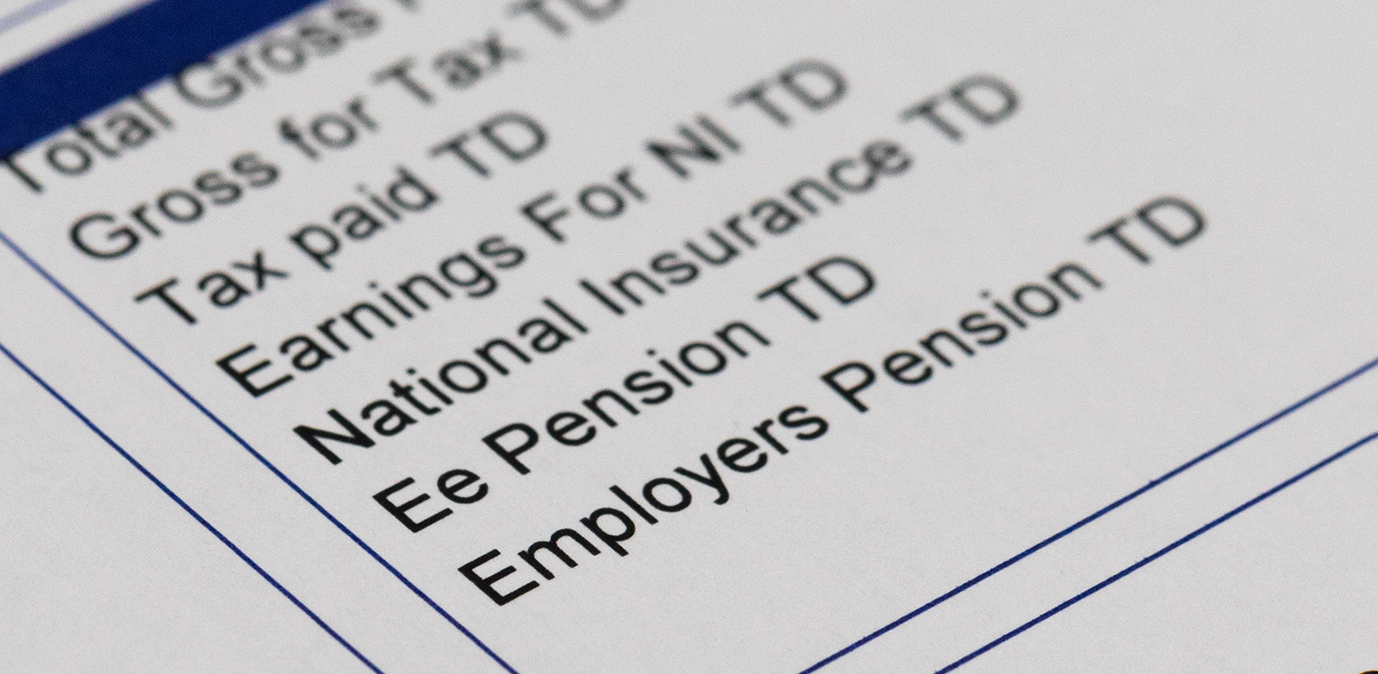Amid the fallout from the U.S. election, you might be forgiven for failing to notice that something very significant happened for the gig economy on polling day. Voters in California approved Proposition 22, a ballot measure sponsored by Uber, Lyft, and Postmates, to classify ride hailing and delivery drivers as independent contractors, rather than employees, unless certain criteria are met. This means that, barring a legal challenge or repeal in the California state legislature, the gig economy companies will not have to adhere to Assembly Bill 5. This is a major victory for the sector.
How will Californians' rejection of Assembly Bill 5 impact the gig economy in Europe?
Written by Matthew Niblett on 17 Nov 2020
COVID-19 will force governments to show their hands on the gig economy
Written by Matthew Niblett on 06 May 2020
COVID-19 has shown us both how reliant we are on gig workers, and how vulnerable such workers are in major crises. After the crisis is over, policymakers will have to decide whether the gig economy and its ecosystem is something to be championed, or something to be managed via further regulations.
Personal data mobility: the new front in the battle for the digital economy
Written by Inline Policy on 30 May 2019
Data portability rules in GDPR do very little to alter the balance of power in the digital economy. Could a shift to an economy based on data mobility give individuals true control over their personal data, tackle antitrust concerns around big tech, and strengthen workers in the gig economy?
Key lessons from the Sharing Cities Summit
Written by Matthew Niblett on 20 Nov 2018
At a summit in Barcelona, cities from all across the world made it clear that they expect collaborative economy companies to play by their rules, and contribute to their goals.
How WorkerTech is meeting the need for flexible support for the self-employed
Written by Inline Policy on 17 Aug 2018
As the number of self-employed people continues to rise in the UK, the need to provide support to this growing workforce is becoming increasingly important. But how can access to benefits and protections be improved, without relying on the incumbent employment relationships through which these are traditionally delivered? Emergent WorkerTech technology and applications may be part of the solution.
What the UK Government's announcements mean for the Gig Economy
Written by Inline Policy on 08 Feb 2018
The UK Government has published its long-awaited response to the Taylor Review of Modern Working Practices.
 Insights from Inline Policy listing page
Insights from Inline Policy listing page









